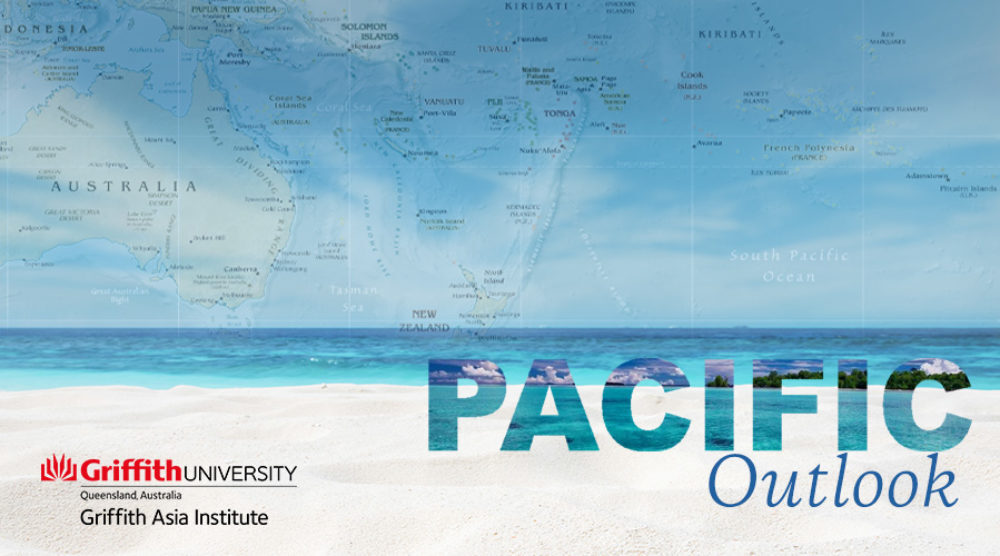PNG power tussle remains unresolved
The PNG Parliament met on Monday morning further to a Supreme Court order that was handed down last week. The numbers on either side of the house appeared to be very equally balanced. This highlights the significance of the fact that not all MPs are able to attend. For example, Sir Mekere Morauta is currently in Australia for medical reasons.
However, any expectations that a motion of no confidence would be debated were extinguished by the Speaker who adjourned the sitting until 10 am on Wednesday 16th December.
The reason for the adjournment is so that the Speaker can seek a court ruling on the status of MP Bari Palma who has allegedly been declared bankrupt.
What we do know is that the Opposition will be nominating Patrick Pruaitch as their alternative PM id and when the time for the confidence debate comes around. He defeated fellow coastal MP Sam Basil by 27 votes to 24.
Rabuka resigns from SODELPA and confirms he will establish a new party
In a move that surprised no-one, Sitiveni Rabuka has announced that he will form and lead a new political party in Fiji. He announced this within hours of resigning from Parliament further to losing the leadership of SODELPA, the major Opposition party.
Rabuka has already enlisted the support of two former military colonels: Sakiusa Raivoce and Mataiasi Lomaloma to establish a new party to “serve Fiji and the iTaukei”.
Whilst Rabuka has said that it is not his intention to encourage SODELPA members to be disloyal to the party, it is clear that he expects to welcome others who feel disaffected into the ranks of his new party.
Fiji will go to elections in 2022. This latest development may have the effect of further splitting the opposition vote and giving the incumbent Fiji First government a better chance of victory.
MSG Secretariat negotiating a multilateral partnership arrangement with PRC
The Melanesian Spearhead Group Secretariat is negotiating a multilateral arrangement with the People’s Republic of China.
The Acting Director General, George Hoa’au, has confirmed that discussions have been progressing with the government of China via their embassy in Port Vila.
With the move last year of Solomon Islands to change its diplomatic alliance from Taiwan to China, all of the group’s state members now recognise the ‘one China’ principle. This paves the way for individual bilateral relationships to be upscaled into a multilateral one.
The arrangement is expected to facilitate collaboration in a number of areas: institutional strengthening and capacity building; regional security; education and training; climate change; sustainable development economic development; communication and technology; COVID related activities.
Officials will commence working on the text of the arrangement this week with the expectation that it will be signed in January of next year.
High level summit of PIF leaders and dialogue partners
The leaders of the Pacific Islands Forum (PIF) held an online meeting, which included dialogue with Forum dialogue partners. It was held ahead of the Climate Ambition Summit that was co-hosted by the UN, the UK, and France.
During the PIF summit, numerous leaders restated the pre-eminence of climate change as a security threat to the region. They made explicit calls for greater ambition on the part of the global community. Prime Minister Voreqe Bainimarama of Fiji pointed out that addressing the climate emergency could not be derailed or slowed by the impacts of COVID-19.
Although Australia was denied a speaking slot at the Climate Ambition Summit, Prime Minister Scott Morrison did address the PIF meeting. He confirmed that Australia would not rely on its “Kyoto credits” in order to achieve its emissions targets. He also announced that Australia would provide AU$1.5 billion to the Pacific in additional climate finance.
Pacific Islands Forum convenes a meeting of the parties to the Rarotonga Treaty
The Pacific Islands Forum (PIF) has convened the first meeting of States Parties to the South Pacific Nuclear Free Zone Treaty, commonly known as the Rarotonga Treaty.
This comes 35 years after the Treaty was agreed and 34 years after it entered into force. It follows a call from Pacific leaders at last year’s meeting in Tuvalu to capitalise further on the achievements of this landmark agreement.
Dame Meg Taylor, Secretary General of the PIF, reminded delegates that the Treaty was a product of regional co-operation and that this is what will be needed to address current challenges, especially the impacts of climate change. Her remarks are telling as the PIF grapples with ongoing uncertainty about who will be her successor and how leaders will be able to meet.
The membership of the PIF has grown since the Rarotonga Treaty came into being and part of the ongoing work of the States Parties is to look at how other members can become signatories in order to make the whole of the region nuclear-free.
This is the last Weekly Pacific Bulletin for 2020. We will be back in mid-January.
Tess Newton Cain is an Adjunct Associate Professor at the Griffith Asia Institute and project lead of the Pacific Hub.








